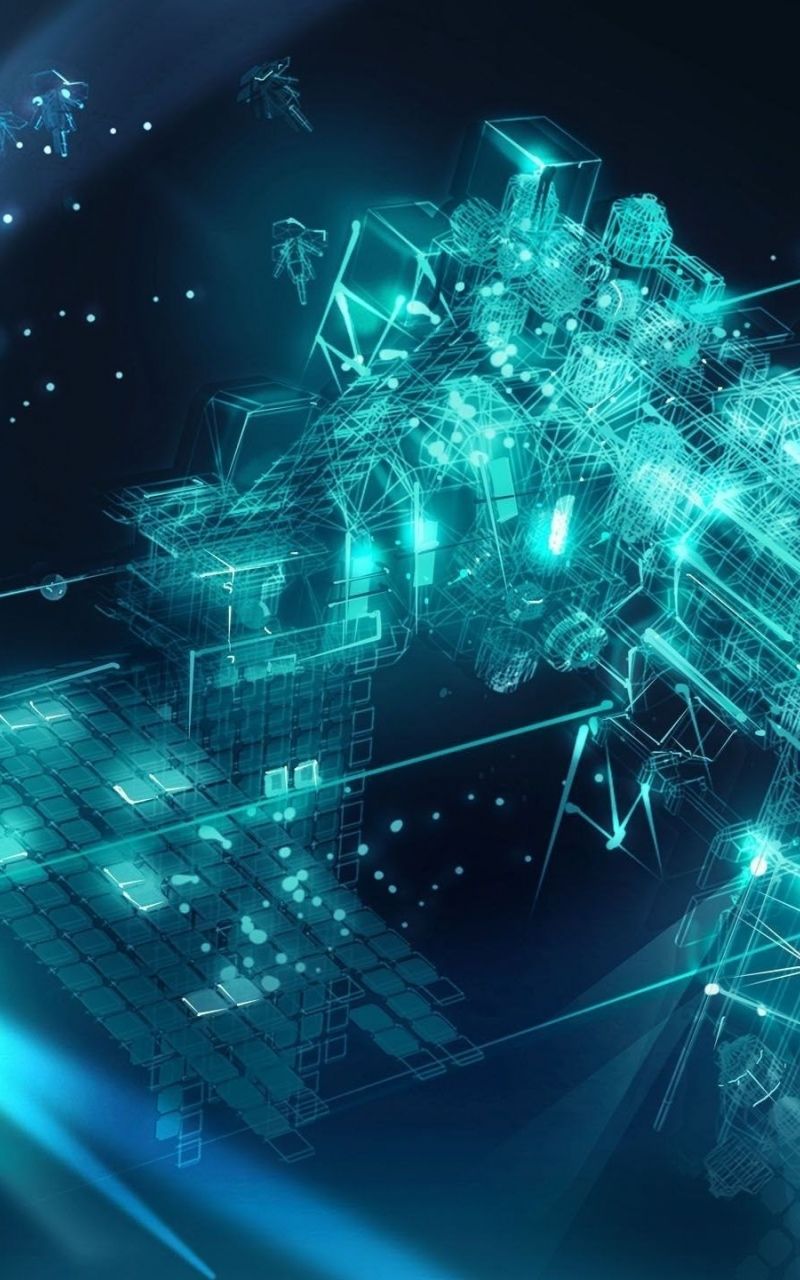The Future is Now: Exploring the Wonders of Artificial Intelligence
The Future is Now: Exploring the Wonders of Artificial Intelligence
Blog Article

Artificial intelligence, often abbreviated as AI, has swiftly evolved from a concept of science fiction to a tangible reality shaping our present and future. This remarkable field of computer science aims to create intelligent machines that can perceive, learn, and make decisions akin to human beings. With advancements in AI technologies accelerating at a rapid pace, the boundaries of what is possible continue to expand.
From self-driving cars to virtual assistants, artificial intelligence has already integrated seamlessly into various industries, revolutionizing the way we live and work. Its potential to enhance efficiency, accuracy, and innovation is truly staggering, offering a glimpse into a future where machines may not just assist but also collaborate and communicate on a sophisticated level. As we embark on this journey of exploration into the wonders of artificial intelligence, it becomes increasingly clear that the future is now.
Applications of Artificial Intelligence
Artificial intelligence has revolutionized various industries, enhancing efficiency and productivity. In healthcare, AI is used for diagnosing diseases and predicting patient outcomes. Its ability to analyze vast amounts of data quickly has led to more accurate diagnoses and personalized treatment plans.
In the financial sector, AI plays a crucial role in fraud detection and algorithmic trading. By detecting abnormal patterns in transactions, AI systems can help prevent fraudulent activities, safeguarding the financial interests of businesses and individuals. Additionally, AI algorithms can analyze market trends and make split-second trading decisions to maximize profits.
Retail businesses are leveraging AI to improve customer experiences and optimize operations. AI-powered chatbots provide instant customer support, enhancing engagement and satisfaction. Furthermore, AI algorithms analyze consumer behavior patterns to recommend personalized products, ultimately increasing sales and customer loyalty.
Artificial Intelligence Search
Ethical Considerations in AI Development
As we delve deeper into the realm of artificial intelligence, one of the central issues that surface is the ethical considerations surrounding its development. AI technology has the potential to change our lives in profound ways, raising questions about privacy, data security, and accountability.
One ethical aspect that demands attention is the biased algorithms that can perpetuate discrimination and inequality. It is essential to address the biases embedded in AI systems to ensure fair treatment and opportunities for all individuals, regardless of their background or characteristics.
Furthermore, the ethical implications of AI extend to the realm of job displacement and economic impact. As AI automation continues to advance, there is a growing concern about the potential loss of human jobs and the need to reevaluate societal structures to accommodate this shift in employment landscape.
The Impact of AI on Society
AI has had a profound impact on society, transforming various aspects of our daily lives. In industries such as healthcare, AI technology has revolutionized disease diagnosis and treatment, leading to improved patient outcomes. By analyzing vast amounts of data at incredible speeds, AI algorithms can detect patterns and anomalies that may be missed by human professionals.
Furthermore, AI has also influenced the way businesses operate, enabling automation of repetitive tasks and enhancing overall efficiency. From chatbots providing customer support to algorithms optimizing supply chain management, AI is reshaping the business landscape. As companies embrace AI technologies, they gain a competitive edge by streamlining processes and making data-driven decisions.
However, the widespread adoption of AI raises ethical concerns regarding privacy, security, and job displacement. As AI systems gather immense amounts of personal data, questions arise about how this information is used and protected. Moreover, the automation of jobs through AI applications may lead to unemployment for certain professions, necessitating the need for upskilling and retraining programs to address workforce challenges.
Report this page